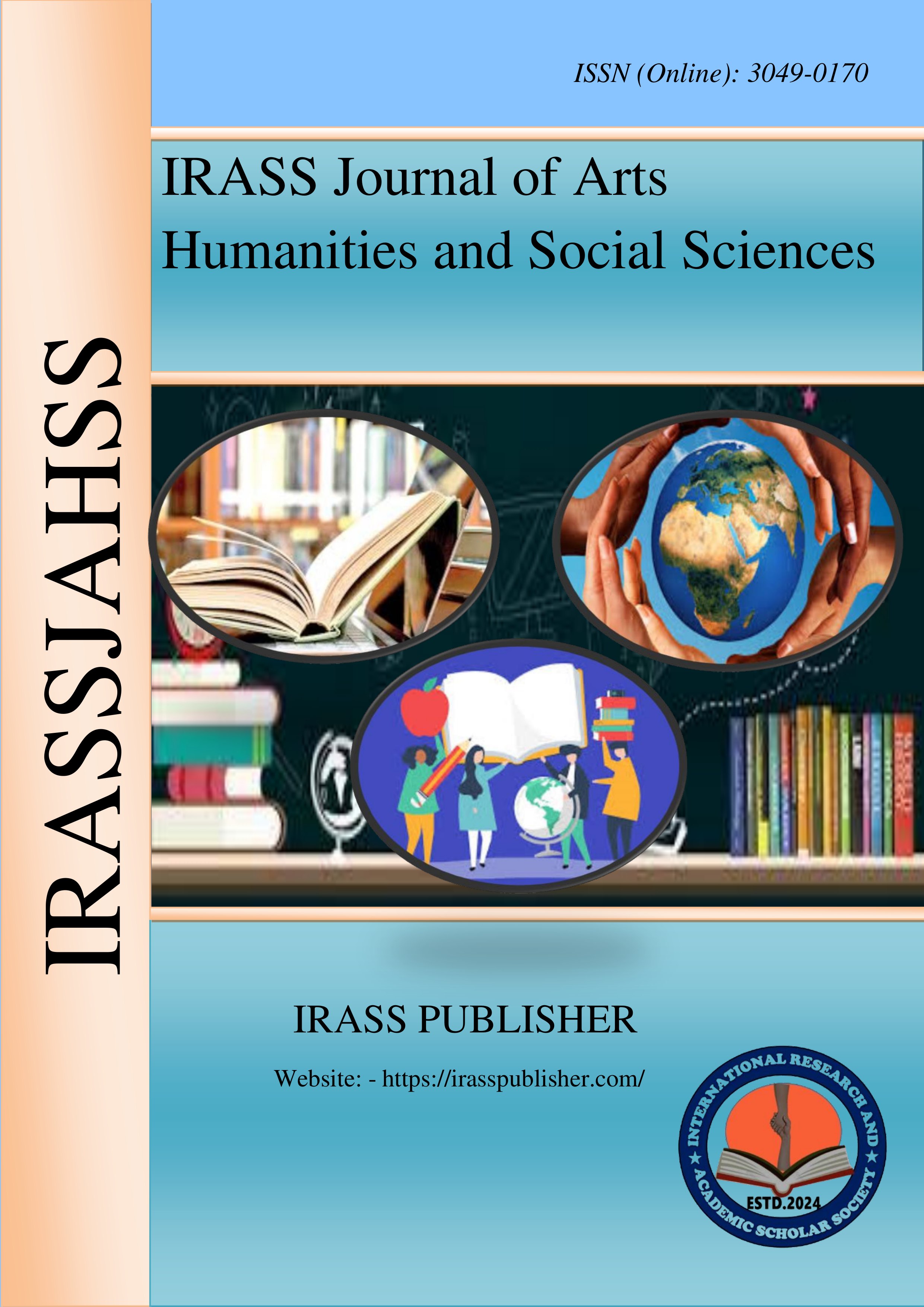THE IMPACT OF THE NATIONAL COLLEGE FOR EDUCATIONAL LEADERSHIP (NCEL) TRAINING ON EDUCATIONAL LEADERSHIP IN REGION 5, JAMAICA
Sr No:
Page No:
157-183
Language:
English
Authors:
Karla Boswell Lewis*
Received:
2025-05-14
Accepted:
2025-05-27
Published Date:
2025-05-30
GoogleScholar:
Click here
Abstract:
The purpose of this quantitative study was to ascertain the characteristics of
NCEL training programmes that make it an effective institution for developing school
leadership. It also sought to assess whether there are significant differences in the scores
of the composite dependent variables based on level employment, years being a teacher,
years working with principal and overall tenure of principal. The sample was purposively
selected to take part in the study consisted of 13 principals and 193 (206). Data collection
instrument used to collect data for this study was the Principal Instructional Management
Rating Scale (PIMRS) instrument developed by Phillip Hallinger consisting of 50
behavioralstatementsthatdescribeprincipaljobpracticesandbehaviors using a 5-point Likert
scale. Data were analyzed using the MANOVA through the application of the SPSS
software version 27. The findings revealed that there are no statistically significant
differences in the scores of the composite dependent variables based on level of
employment, years being a teacher, years working with principal. It was recommended
that future research be conducted by collecting data from multiple stakeholders such
students, parents, education officers or peers.
Keywords:
Effectiveness, Leadership, NCEL, Training, professional.
Journal: IRASS Journal of Arts, Humanities and Social Sciences
ISSN(Online): 3049-0170
Publisher: IRASS Publisher
Frequency:
Monthly
Language:
English

